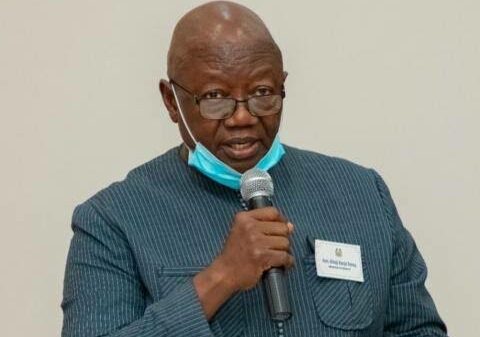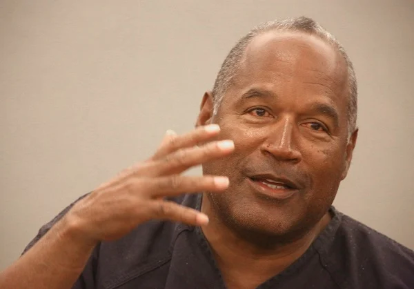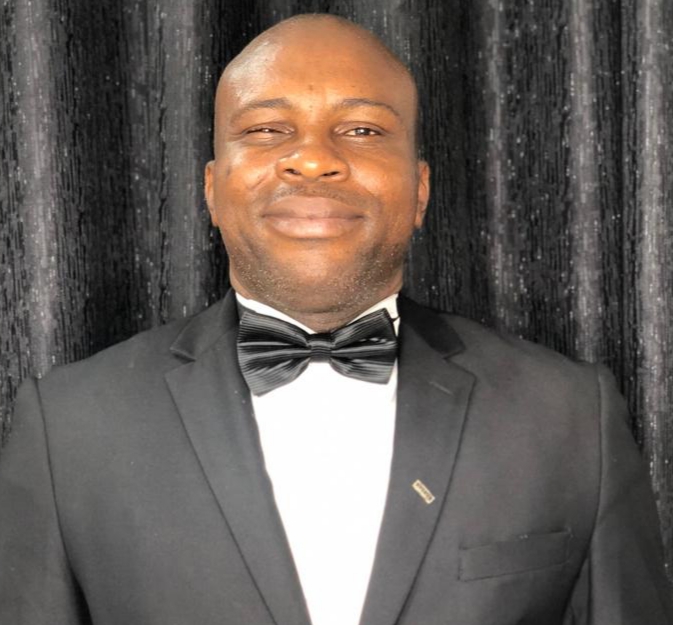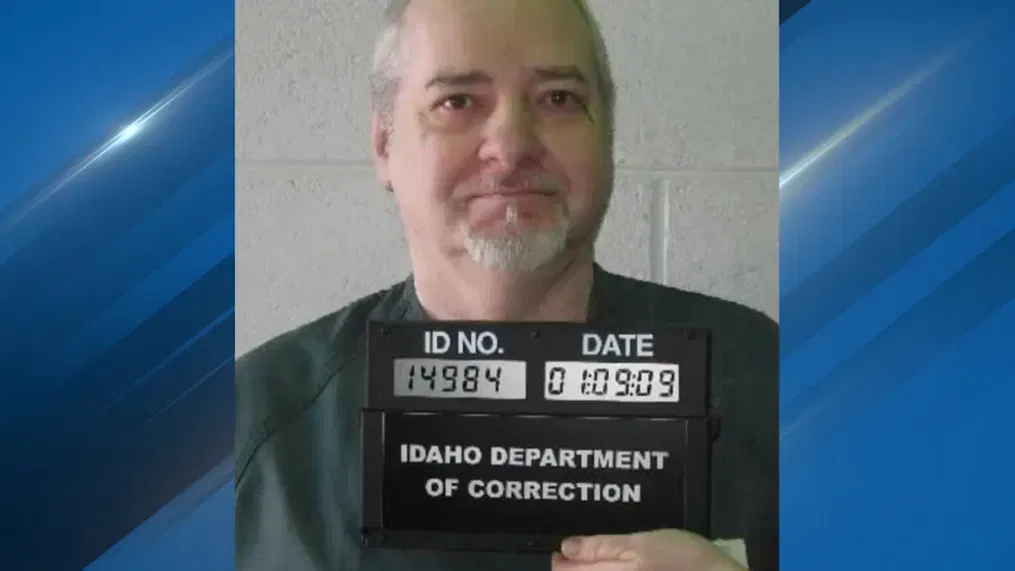Idaho on Wednesday delayed the execution of convicted serial killer Thomas Eugene Creech, one of the nation’s longest-serving death row inmates, after a failed attempt at lethal injection.
Gatekeepers News reports that Creech, who has been convicted of five murders, was sentenced to die for the killing of a fellow prisoner with a battery-filled sock in 1981.
“The medical team could not establish an IV line, rendering the execution unable to proceed,” Idaho Department of Correction spokesperson Sanda Kuzeta-Cerimagic said in a statement. “As a result, the death warrant will expire. The State will consider next steps.”
The U.S. Supreme Court denied three requests from the 73-year-old Creech for a stay of execution Wednesday morning. There were no noted dissents. The execution would mark Idaho’s first in more than a decade.
Creech’s attorneys with the Federal Defender Services of Idaho said in a statement that state officials tried and failed 10 times to access veins in both of his arms and legs to inject him with the lethal injection drug pentobarbital.
“We are angered but not surprised that the State of Idaho botched the execution of Thomas Creech today. This is what happens when unknown individuals with unknown training are assigned to carry out an execution,” they said in a statement.
The lawyers said they had warned the state and courts that such a “mishap” could occur when trying to execute Creech, who is one of the nation’s oldest death-row inmates, “in circumstances completely shielded in secrecy despite a well-known history of getting drugs from shady sources.”
“Yesterday, the State called Mr. Creech’s worries ‘patently absurd’ in its motions to the U.S. Supreme Court,” they continued. “Unfortunately, what is absurd is Idaho’s continuing efforts to kill this harmless old man, who by this point surely has suffered enough.”
Creech, an Ohio native who has been on death row at the Idaho Maximum Security Institution for nearly half a century, was convicted of five murders in three states and is suspected of at least a half-dozen other killings. According to court filings, Creech admitted to killing or participating in the murders of at least 26 people.
Just last month, investigators in California closed a decades-old cold case in San Bernardino County, connecting the 1974 murder of Daniel Walker to Creech, CBS Los Angeles reported.
While serving a sentence of life in prison, Creech in 1981 bludgeoned a fellow inmate, David Jensen, with a sock filled with batteries, and pleaded guilty to the murder. He was sentenced to death by a judge in 1982, who found after several resentencing that “the protection of society demands that Thomas Eugene Creech receive the death penalty.”
Creech’s attorneys told the Supreme Court in one request filed Monday that his execution would take place “in the face of unprecedented secrecy … a secrecy unmatched by any other state in the United States and one usually reserved for third world countries.”
They asked the justices to block his execution while they considered a separate request to hear his case, in which he argued that the state presented false evidence at a clemency hearing in 2023 in violation of due process.
Creech’s request for the Supreme Court’s intervention arrived days after the U.S. Court of Appeals for the 9th Circuit rejected a challenge to his method of execution. Creech’s lawyers had argued that the state failed to provide sufficient information about the source of the lethal injection drug pentobarbital and suggested it may have been obtained by a pharmaceutical company that went out of business last year and recalled the product. His lawyers also warned that the pentobarbital may have come from other “unreliable sources.”
In appealing the 9th Circuit’s decision, Creech’s attorneys said “The devil is in the details, and the details about what the State has procured — the actual, physical drug — are of critical importance.”
The Idaho Commission of Pardons and Parole had opposed Creech’s effort at the Supreme Court, and Jensen’s relatives opposed Creech’s bid for clemency.
According to the Death Penalty Information Center, Creech would be just the fourth person executed in Idaho since 1976.
Despite his horrific crimes, Creech was regarded as a well-behaved and polite inmate who established long-term relationships with prison staffers at the Idaho Maximum Security Institution, corrections director Josh Tewalt told the Associated Press.
“I don’t want to be dismissive of what he did and the countless people who were impacted by that in real significant ways,” Tewalt told the AP. “At the same time, you also can’t be dismissive of the effect it’s going to have on people who have established a relationship with him. On Thursday, Tom’s not going to be there. You know he’s not coming back to that unit — that’s real. It would be really difficult to not feel some sort of emotion about that.”
During his clemency hearing, Ada County Deputy Prosecuting Attorney Jill Longhurst agreed that Creech could be friendly, the AP reported, but she said he is a psychopath — capable of being likeable but lacking remorse and empathy for others.

















































